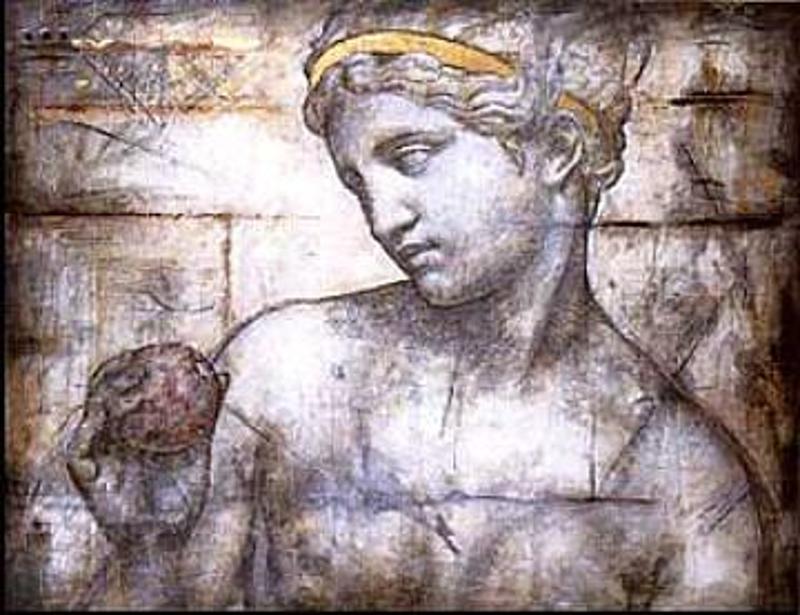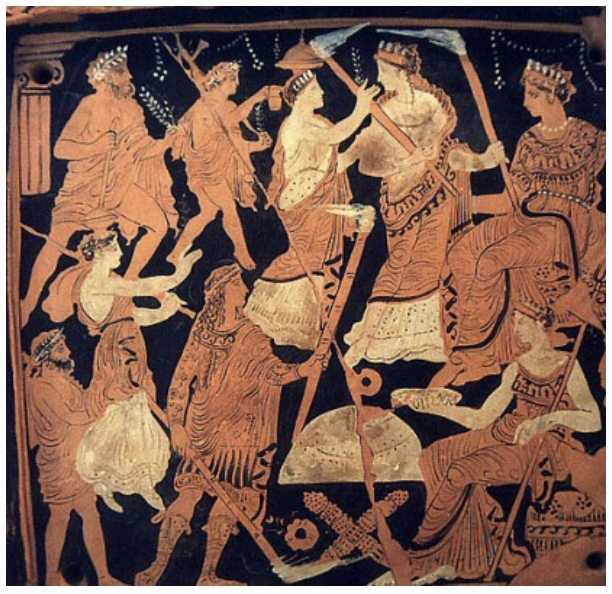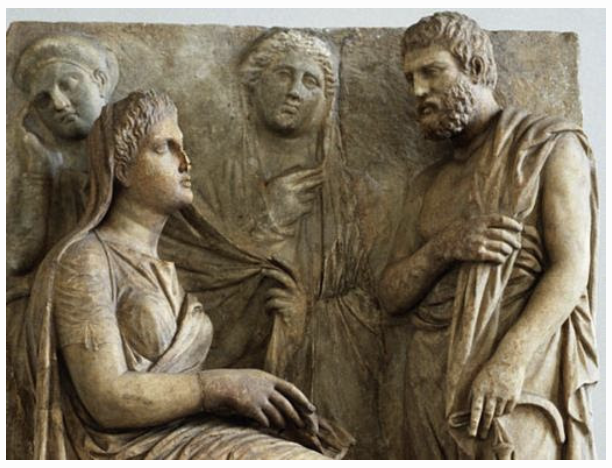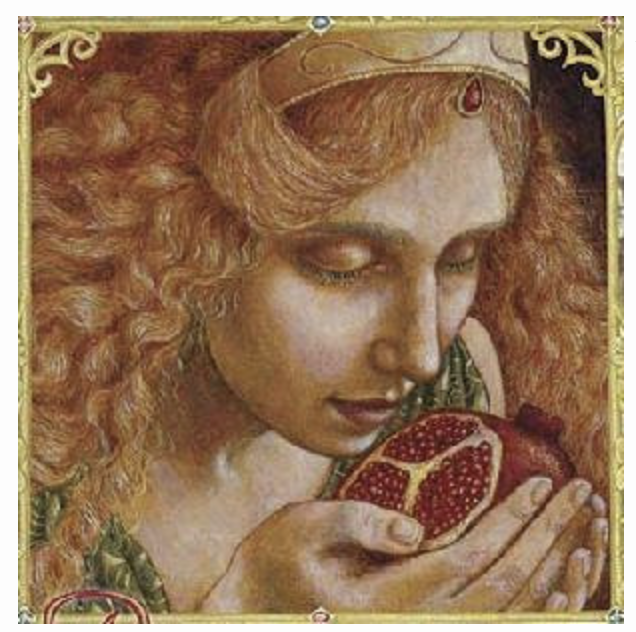
It is assumed with some authority that Western women living in the twenty-first century have more options in their reproductive lives than at any time in history.
But is this true?
With regard to antiquity, is it possible that women living in hyper-patriarchal ancient Greece had as much contraceptive control as Western women do nowadays? Well, in short, it’s very possible. Moreover, recent scholarship from the era has uncovered that women may, in fact, have had more agency in reproductive matters than previously believed.
As background to this story, it is important to remember that during the Neolithic age (10,000-2900 BCE) women were responsible for ushering in the advent of agriculture. While men were off on their hunting expeditions, women focused on foraging, leading them to the cultivation of seeds and vegetation which ultimately became humankind’s principal foods.

Because of this gender specialization, women acquired an expertise in the use of plants, which were not only appropriated for sustenance, but also for their medicinal properties… properties that men were typically not privy to. As such, it should come as no surprise that women used this proficiency to control their reproductive lives.
Which takes us to ancient Greece…
Many scholars have argued that the participants in the Thesmophoria, a feminine fertility festival, determined their own reproductive health via the use of plants. Archaeological findings and literary evidence reveal that through their expert utilization of different vegetation, women could manage every facet of their feminine well being, including menstruation, conception, abortion, delivery, lactation and menopause.

Because of the tight, feminine community that formed around the cult of Demeter, participants could then safely share information they had acquired on both vegetable and human reproduction. It was within this community that they could impart their sophisticated knowledge on the use of plants to either encourage or discourage various stages of reproduction.
Meanwhile, the citizen men of ancient Greece stood back and paid for the fertility festival. Indubitably in their eyes, the procreation of citizen males was vital for the health of the patriarchy, in order to ensure a lasting legacy. Moreover, the androcentric powers needed manpower to maintain their military endeavors.
Therefore, in an effort to encourage fertility and support their interests, the ancient Greek males supported the Thesmophoria.
Is it possible, however, that the female participants had a different mindset about the festival?
Although citizen males wanted legitimate heirs, ultimately it may have been the women who decided—through their expertise in plants—how fertile they cared to be. For all its patriarchal fervor, controlling the growth of the populace within each city-state may have been left to the caprices of the ‘weaker’ sex.
There was, of course, motivation for women not to be fertile, as woefully, death from childbirth was common in ancient Greece. Primarily due to overall lack of hygiene and the tender age of first time mothers, child birthing was a risky proposition. That being the case, it should come as no surprise that many women might have acted to dissuade its occurrence.
So, while women in ancient Greece could not determine who their marriage partners would be, perhaps choosing amongst a variety of reproductive options—unbeknownst to their husbands—was the one way in which women took charge of their lives.
Ironically, women’s restricted roles in ancient Greek society may have empowered them, as most men had very little knowledge in the use of medicinal plants. This ignorance is aptly portrayed in the Hymn to Demeter. In the Hymn, Hades—lord of the underworld, kidnaps Persephone and takes her to his dark domain in order to be his wife for all eternity, a fate not unlike death.

Persephone’s mother, Demeter—goddess of the harvest, becomes desolate and stops the seasons, refusing to capitulate until Persephone is returned to her.
Consequently, the earth becomes a barren wasteland. Unwilling to see the planet he shepherds whither away, Zeus intervenes, asking Hades to release Persephone to the light of her mother’s earthly domain. Hades adheres, but not before enticing Persephone into eating a pomegranate seed. Alas, the mere act of eating in the underworld, binds Persephone as Hades’ wife for a few months each year.
Persephone, however, has the last laugh. Unknown to Hades, the pomegranate seed has contraceptive qualities. Indeed, no child would spring from that unholy union.
To be sure, the Hymn and the rites in the Thesmophoria are rife with plant lore, much of it associated with reproductive agency. Plants ranging from Pennyroyal and Pomegranate in the Hymn, to Pine and Vitex in the rites, suggest that any woman familiar with these plants could control her reproductive life as she chose.

Although believed to produce hallucinogenic effects, Pennyroyal was also known as an emmenagogue (encourages menses) and an abortifacient (induces abortions). Similarly, Vitex, known for promoting fertility by inducing menses or lactation, was essential and is still used by women today in an effort to control their hormonal imbalances. Pinecones, because of their prolific nature, were believed to enhance fertility and so female participants used pine for a variety of their fertility rites.
This all begs us to ask, in an area as vital as fertility, is it possible that the oppressed women had complete jurisdiction? Were they able to wrest control of their reproductive destinies from the very powers that sought to restrict them? Though we cannot say for sure, it is remarkable to contemplate that through their sophisticated use of plants, ancient Greek women may have had as much, or more, reproductive agency than many of their female descendants do today.
Published on Classical Wisdom
